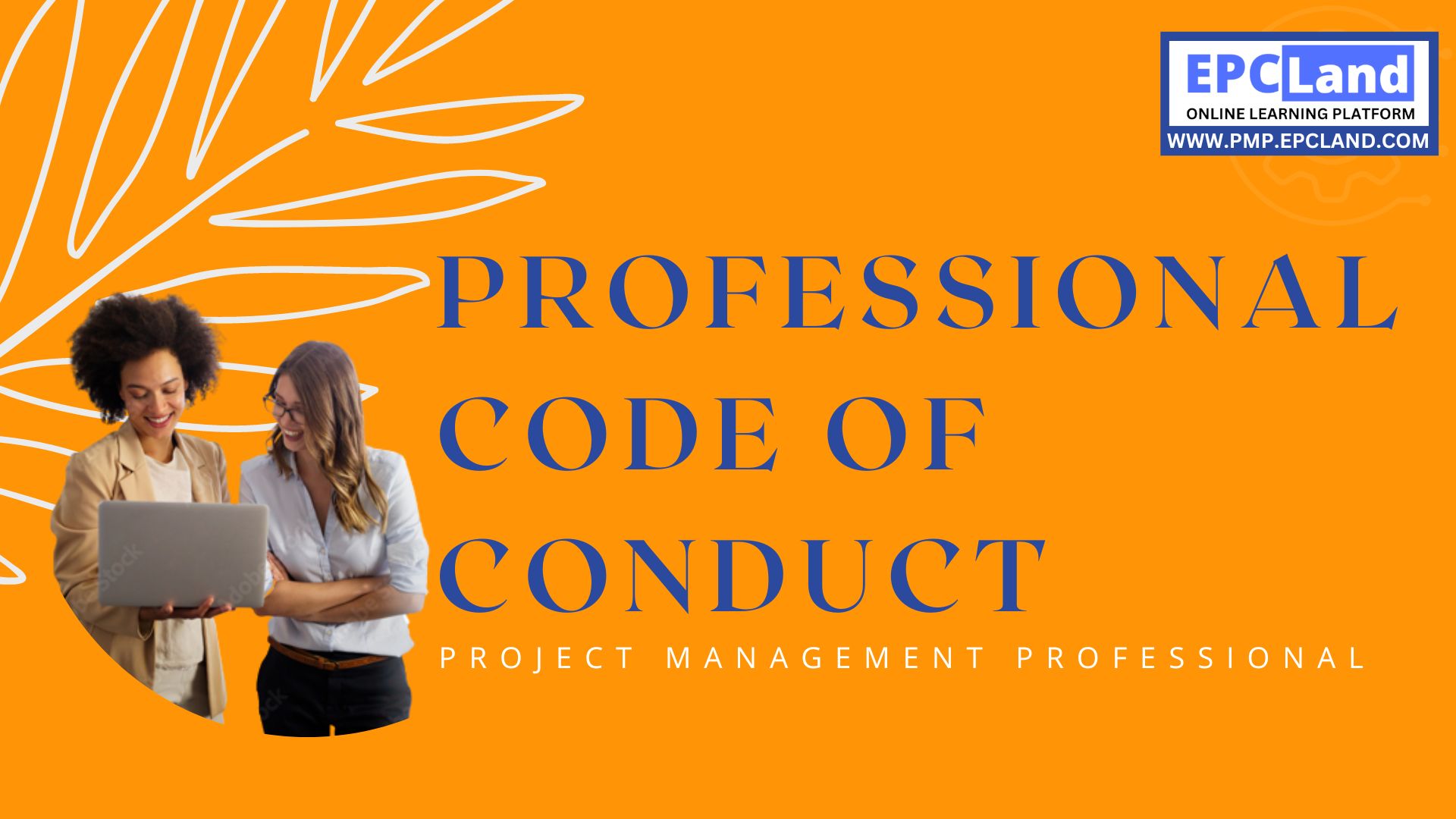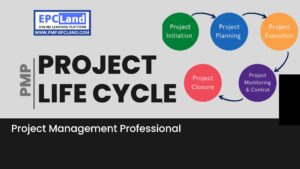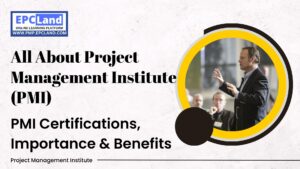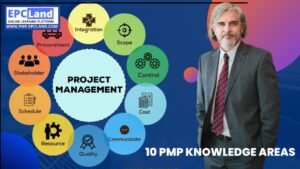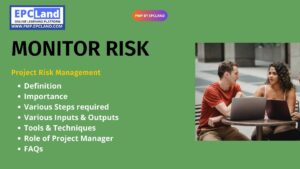Table of Contents
ToggleProfessional Code of Conduct
Many business owners and management teams typically oversee projects and project teams. These individuals typically have on-the-job training or have gained hands-on experience over many years of their careers.
However, individuals can also pursue professional training and obtain a project management certification. This gives you the knowledge and technical skills to effectively manage project teams and responsibilities. Earning her PMP designation also requires adherence to a strict code of ethics for project management and reporting.
Here’s what you need to know about the PMP Code of Conduct.
What is PMP?
PMP stands for Project Management Professional. A project management professional is an individual who has the appropriate training and certification to manage and supervise projects for companies and institutions.
It is the Project Management Institute (PMI) that trains and certifies an individual as her PMP. This independent organization provides professionals with in-depth training and development skills for use in managing projects, project teams, and sensitive data and issues. To meet the mandatory criteria for this project management position, an individual must pass her PMP exam to become certified. Similar to college degrees and industry-specific certifications, PMP certifications offer greater opportunities and career prospects to those who earn them. Certified project management professionals earn up to 25% more than their non-certified counterparts. Passing an exam also means becoming a better practitioner of that professional behavior.
If you are interested in this certification and exam process, you can learn more about how to become a project management professional.
Attempt Quiz-1 on Professional Responsibilities

Time's up
Code of Conduct Requirements
To become a PMP and pass the exam, you must adhere to PMI’s Code of Professional Conduct. As a project management professional at work, it is your personal and professional obligation to follow this Code of Ethics.
The purpose of the PMI Code of Ethics is to outline the ethical responsibilities of project management practitioners on major projects and major project teams. Download the Code of Ethics and Conduct to read the full Code.
Overall, the PMP’s greatest common sense and duty is to ensure the integrity of the project and ensure that no aspect of the project is compromised. Listed below are the various parts that make up this Code of Ethics and Professional Conduct, and how PMP will ensure that all aspects of the project are implemented without compromise in the workplace and It prescribes how you must behave in different situations.
Professional Responsibility
As a PMP, it is your job responsibility to ensure that all aspects of the PMI Code of Ethics are followed and the appropriate channels are used for project and team member management. This professional responsibility includes how project managers speak to and treat team members.
Respect, fairness and integrity are part of this Code of Conduct, so everyone deserves respectful, fair and honest project management. PMPs must not behave abusively toward subordinates and must be fair and just in their decision making. You must conduct yourself in a professional manner and follow ethical guidelines in all matters.
Conflict Of Interest
PMPs, like all professional and ethical employees, must avoid conflicts of interest. A conflict of interest is a situation in which a person or entity is involved in activities of more than one interest (business related or otherwise).
A conflict of interest may arise, for example, if a PMP assigned to a project discovers that they are personally affiliated with the company by holding a majority of the company’s shares. I have. If they become aware of this situation, they should notify the correct channel of this conflict of interest. This is their duty.
Ignoring or knowingly overlooking a conflict of interest directly defeats the purpose of the Code of Conduct. PMPs must proactively disclose the full extent of any conflicts to employers and company stakeholders. Only after reporting this information and obtaining the direct consent of the stakeholders can the PMP proceed with the project.
Attempt Quiz-2 on Professional Responsibilities

Time's up
True Reporting
Certified project management practitioners must report all information and project results truthfully and honestly. A PMP must honestly disclose personal experience, certifications, and training to employers, so he has two components to truthful reporting. They shouldn’t lie about their background to get a job.
Professional project managers are also responsible for enacting truthful reporting in all project instances. All information made available to the PMP should be shared with appropriate customers, stakeholders, project sponsors, and the public. The Project Management Institute and the PMP exam emphasize the importance of honest reporting on all aspects of a project.
Legal compliance
Honest reporting not only requires you to report information honestly, but it also includes reporting violations that occur within your workforce. The Legal and Regulatory Compliance aspect of the Code of Conduct states that all certified PMPs must comply with all policies, rules, regulations and laws related to their work and professional activities. .
Part of complying with this PMI Code of Ethics includes the obligation to report employee violations, whether related to non-compliance, labor law violations, or other illegal or criminal conduct. Such unethical and illegal activity should be reported to the appropriate channels and the PMP should have solid evidence to support this claim.
Don’t Miss the 1000+ MCQ questions & hundreds of quizzes on PMP Knowledge Areas and Various important sections.
Confidential information
Part of the job of the project management community is the responsibility to protect confidential information. Many large-scale projects involve sensitive or personal data that cannot be passed on to third parties. PMP has an ethical obligation to keep this information safe and secure.
Many of his PMPs go deep into this kind of data as they participate as consultants for large companies and organizations. A legally binding non-disclosure agreement is usually required to be signed at the start of the contract. However, some projects do not require this legal document. In short, PMPs have an ethical responsibility to protect their customers’ corporate data and intellectual property, which is upheld by our Code of Conduct.
